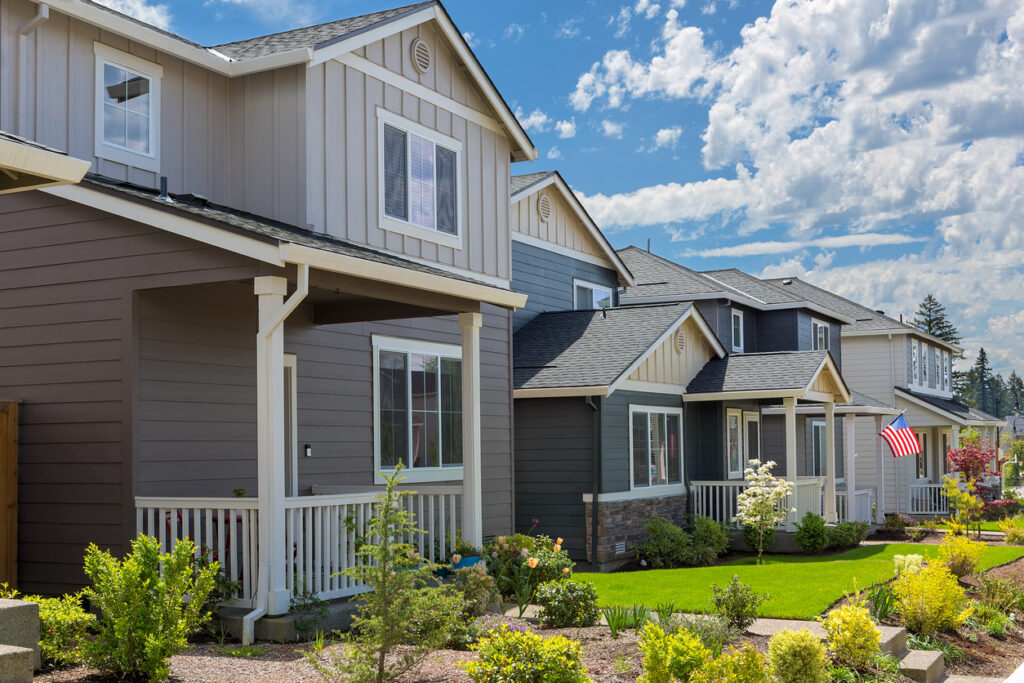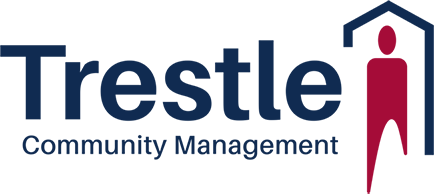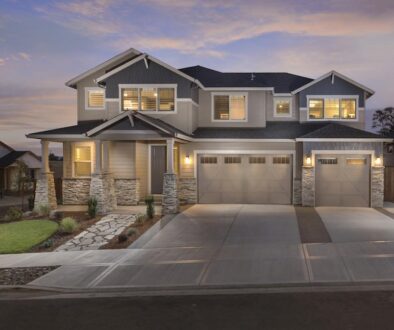Five Core Responsibilities of Community Associations
Homeowner and Condominium Associations are responsible for the management and maintenance of common elements and facilities within a Community. These Associations play an important role in maintaining property values and creating a sense of community among Homeowners.
Maintenance and Repairs of Common Elements

One of the primary responsibilities of Community Associations is the maintenance and repair of common elements. Common elements can include things like roofs, walls, hallways, elevators, pools, and other shared facilities. The Community Association is responsible for ensuring that these elements are kept in good condition and that any necessary repairs are made in a timely manner.
To fulfill this responsibility, Community Associations typically hire contractors or property management companies to perform regular maintenance and repairs. They will also establish a reserve account to ensure that there are sufficient funds available for major repairs or replacements in the future.
Enforcing Governing Documents
Community Associations are responsible for enforcing the guidelines that govern the Community. These are typically set forth in the Community’s governing documents, such as the Bylaws, Declaration, and Rules and Regulations.
Governing Documents may include guidelines for exterior maintenance of homes or units, parking regulations, pet policies and more. The Community Association is responsible for enforcing these guidelines to ensure that all Homeowners are complying with them.
Collecting Assessments and Fees
Community Associations are responsible for collecting assessments and fees from Homeowners to cover the cost of maintaining and managing the Community. These assessments and fees are typically used to pay for things like maintenance, repairs, insurance, and administrative expenses.
The Community Association is responsible for preparing the annual budget, which establishes each Homeowner’s assessments and fees, and for collecting them in a timely manner. Failure to pay assessments and fees can result in late fees, interest charges, and even legal action.
Budgeting and Financial Planning
Community Associations are responsible for creating and managing a budget to ensure that there are sufficient funds available for the Community’s needs. This includes forecasting expenses and revenue, identifying areas where cost savings can be made, and planning for major repairs or replacements in the future.
To fulfill this responsibility, Community Associations may work with industry professionals, such as management companies or financial planners, to help them develop and manage their budgets. The Community Association may also establish a finance committee to oversee financial planning and management.
The annual budget establishes each Homeowner’s assessments and fees, and the Association is responsible for collecting those charges in a timely manner. Failure to pay assessments and fees can result in late fees, interest charges, and even legal action.
Board of Directors and Governance
Community Associations are typically governed by a Board of Directors which is responsible for making decisions about the management and operation of the Association, including setting policies, hiring contractors or community association management companies, and overseeing financial management.
The Board of Directors is typically elected by the Members of the Community Association. Board Members may serve for a set term and may be replaced by election or removal by the Members of the Community Association.
Community Associations play an important role in managing and maintaining shared property and facilities within a Community. The responsibilities of Community Associations include maintaining and repairing common property elements, enforcing rules and regulations, collecting assessments and fees, budgeting and financial planning, and governance by a Board of Directors or other governing body. By fulfilling these responsibilities, Community Associations can create a sense of Community and maintain property values for Homeowners.
To better familiarize yourself and the residents of your home with the responsibilities assigned within your community, please review your community’s governing documents available through Trestle’s My-Community Web Portal or contact your Community Association Manager for assistance.
Connecting with Trestle
Trestle regularly connects on LinkedIn, Facebook, and Twitter, and can be contacted through its website or at (425) 454-6404.



